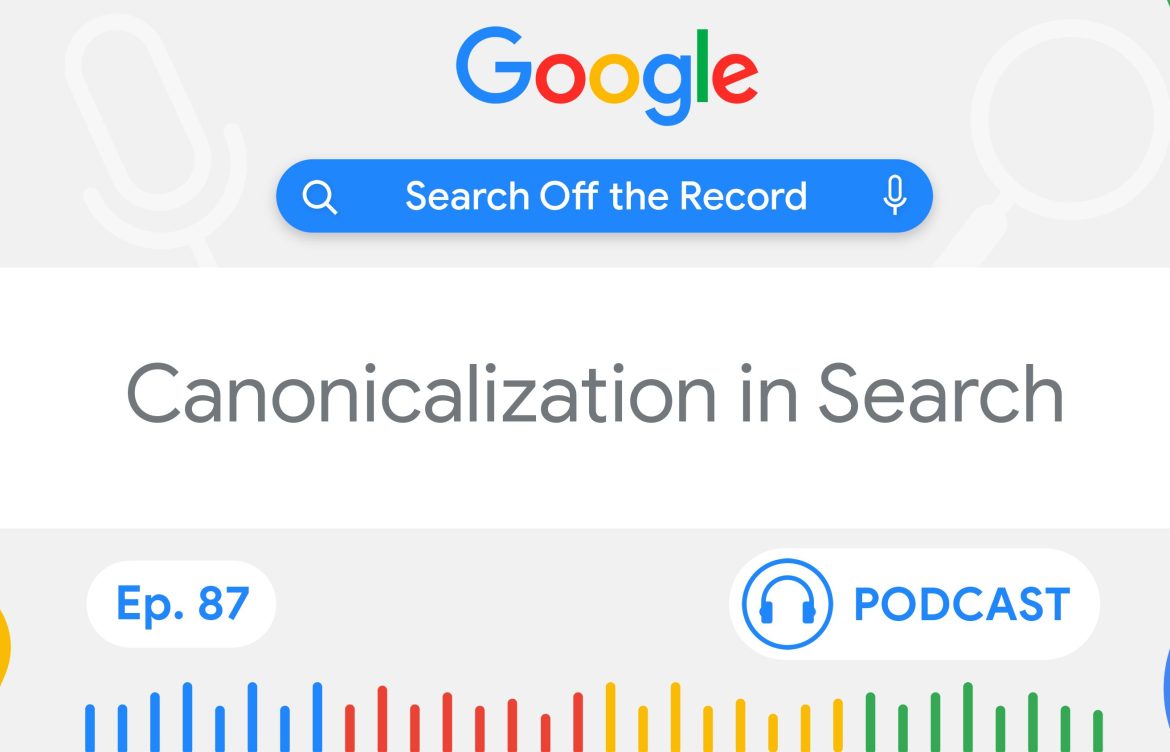
Google SEO: Fixing Duplicate Content & Canonicalization
In the world of search engine optimization (SEO), duplicate content, clustering, and canonicalization are often discussed but remain highly challenging topics. These issues directly affect how pages are crawled, indexed, and ranked by search engines like Google. In this article, we will dive into these concepts, explore how they interconnect, and examine how Google handles these problems to ensure that users receive the most relevant search results.
The Challenge of Duplicate Content and Clustering
Duplicate content issues arise when there are multiple pages on a website with similar or nearly identical content. Search engines aim to ensure that users see the most relevant and valuable pages when they search, rather than multiple copies of the same content. One of Google’s core strategies for addressing this issue is clustering.
Clustering refers to grouping pages with similar content together. This process goes beyond simple content comparison, taking into account factors like page structure, signals, and URLs. If two pages belong to the same cluster, they may be treated as duplicate content, and Google may avoid indexing multiple versions of the same page.
For instance, when Google encounters multiple regional versions of a page (e.g., product pages for Germany and Switzerland with almost identical content except for price and currency), these pages may automatically be clustered together. Google needs to assess whether these pages should be treated as the same content or as separate entities based on various signals such as language, price, and currency.
Canonicalization and Error Handling
Canonicalization is another important tool in handling duplicate content. It helps Google determine which page is the original or authoritative one. When a page is marked as the canonical version, Google will treat it as the “main” page within the cluster, consolidating its weight and preventing other pages from being indexed as duplicates.
However, issues can arise when handling canonicalization. For example, when webmasters use the rel=”canonical” tag to indicate the canonical version of a page, Google might encounter clustering errors. In such cases, Google must determine which page is the most relevant, rather than simply relying on the canonicalization tag provided by the webmaster.
Additionally, error pages add complexity to this process. When pages are temporarily or permanently unavailable, they may contribute to clustering issues. If an error page isn’t properly flagged as “404,” it may be mistakenly included in a cluster and subsequently ignored by Google’s crawlers, as the page is considered duplicate content. This scenario can impact the crawling efficiency and rankings of a website.
Resolving Conflicts: How Canonicalization and Clustering Coexist
One of the major challenges in Google’s system is dealing with “canonicalization signal conflicts.” The most common conflicts occur between a 301 redirect and a rel=”canonical” tag. When these two signals are contradictory, Google’s algorithms tend to rely on weaker signals, such as the sitemap or PageRank, to determine how to handle the conflict.
Google’s goal is to provide users with the most relevant content. So even when webmasters send conflicting signals, Google still tries to make a decision based on other criteria, such as the number of links or the quality of the page.
Localization and Its Impact on Clustering
Localization is another area that deeply influences clustering. Content variations between different regions can lead to similar content being seen as duplicates. To ensure that users in different locations see content that fits their language and culture, Google relies on multiple techniques, such as the hreflang tag, to serve the appropriate regional version.
However, handling localization is not just about translating content. For instance, Switzerland and Germany may both use German, but due to differences in price, currency, and culture, these pages may be treated as different clusters. Google needs to assess whether these pages should be combined into one cluster or treated separately based on the specific circumstances.
This is why localization is such a complex issue. For some websites, the differences in translated content and localization are minimal, and Google may group them into the same cluster. But for completely different content, Google will keep them separate to deliver the most relevant information to users in different regions.
How to Optimize Your Website to Avoid Clustering and Canonicalization Issues
Use the Correct rel=”canonical” Tags: Make sure your site uses the rel=”canonical” tag to properly indicate which page is the main version, especially when dealing with duplicate or similar content. Proper canonical signals are critical to avoiding clustering errors.
Handle Error Pages Properly: Ensure that all invalid or error pages (like 404 or 500 error pages) are properly handled so they aren’t mistakenly included in a cluster.
Use hreflang Tags for Localization: For multilingual or region-specific websites, use hreflang tags to specify pages for different languages or regions so Google can correctly process and display the right content.
Avoid Unnecessary Redirects: Avoid performing unnecessary redirects between pages, especially between HTTPS and HTTP versions. Excessive redirects can cause confusion with canonical signals.
Regularly Check Sitemaps and PageRank: Ensure your sitemap is error-free and that PageRank and link signals are properly passed to the most relevant pages.
Conclusion
Handling duplicate content, clustering, and canonicalization issues is not an easy task. Google’s search engine continuously optimizes its algorithms to ensure users see the most relevant, valuable content. Understanding the intersections of these concepts and implementing the right strategies can significantly improve your site’s performance in search engines. However, as Google engineers have pointed out, this process is still filled with challenges and complexities, but with ongoing effort, we can mitigate these issues and improve the user experience and SEO outcomes.
- No Comments
- December 6, 2024
